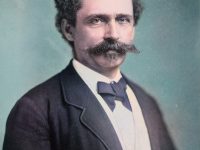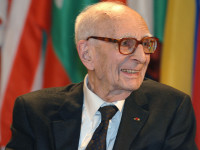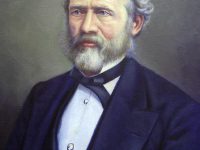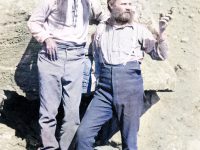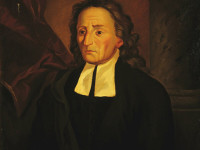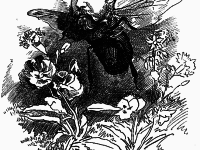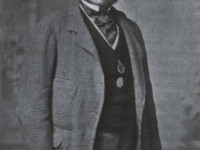Gustav Nachtigal and the Explorations in Africa
On February 23, 1834, German Africa Explorer Gustav Nachtigal was born. He is further known as the German Empire’s consul-general for Tunisia and Commissioner for West Africa. His mission as commissioner resulted in Togoland and Kamerun becoming the first colonies of a German colonial empire. making him a key figure in German colonial propaganda Early Years Gustav Nachtigal’s father, the priest Carl Friedrich Nachtigal, died of lung consumption as early as 1839. After his…
Read more

